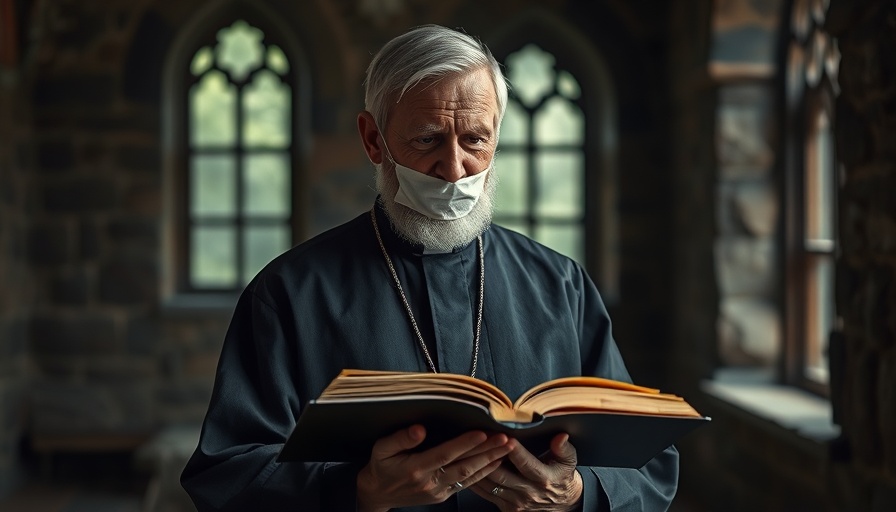
The State of Religious Liberty Leadership: Analyzing Unprecedented Silence
In recent years, the discourse surrounding religious liberty has seen alarming moments of silence from some of its supposed leaders. This silence raises critical questions within the Seventh-day Adventist (SDA) faith community regarding who truly champions the cause of religious liberty. Why, amidst global conversations about freedom and rights, are significant voices missing? These issues are essential for members of the SDA faith community who value the principles of liberty, equality, and religious expression.
The Importance of Vocal Leadership
Throughout history, vocal leadership within religious communities has been fundamental to advancing causes of justice and liberty. Unlike past leaders who championed the rights of the marginalized, today’s silence can be interpreted as a betrayal. Many within the community feel discouraged, questioning their leaders' commitment to core values of freedom and conscience. Recognizing the impact of vocal leadership is particularly poignant now when societal pressures seem to challenge these very freedoms.
The Social Connection: Understanding Our Values
For members of the SDA community, faith isn’t merely a personal journey; it is a collective experience that profoundly shapes social identity. The absence of strong voices in religious liberty discussions can lead to feelings of isolation and disempowerment. Understanding the connection between faith and social advocacy can inspire broader discussions within community gatherings and church meetings, enabling members to reflect on individual actions they can take to uphold these values together.
Historical Context: From Advocacy to Silence
The historic role of Adventist leaders in championing rights for all deserves a revival in narrative and action. As a denomination known for its commitment to liberty of conscience, the shift to silence over the years requires examination. Past leaders, such as Ellen G. White, stressed the need for vigilant advocacy. Today’s leaders can draw inspiration from these foundational voices, recommitting to the cause of liberty as one grounded in love and justice.
Future Predictions: Trends in Religious Liberty
As society grapples with rapidly evolving discussions on rights, predictions suggest that active engagement in religious liberty is more crucial than ever. Emerging trends show communities rallying for social justice and liberties, influenced by collective faith movements. Therefore, SDA members should anticipate new opportunities to engage in advocacy, not only for themselves but for those whose rights may be at stake. This broader understanding is vital as we approach an increasingly complex social landscape.
Celebrating the Unique Value of Advocacy
Those within the SDA community must recognize the unique value of raising their voices. Active participation in discussions of liberty reflects the principle of love for one's neighbor. By fostering an environment where all feel empowered to speak out, the community upholds the tenet that every faith can coexist peacefully, as preached within their own teachings. In this light, silence isn’t just a void; it is a missed opportunity.
Responding to the Call of Action
Today, members of the SDA Zfaith community are urged to become advocates for religious liberty. This is a call to not simply reflect on silence but to voice opinions, pose questions, and encourage leaders to adopt a more proactive stance. Each passion revived and voice raised forms a thread in the fabric of a robust advocacy for religious freedom.
In conclusion, addressing the current silence in religious liberty leadership is imperative for the Seventh-day Adventist community. It serves as a reminder that all members have a part to play in fostering a culture of advocacy based on faith, love, and justice. As future leaders emerge, may they carry forth the torch of liberty that pulses through the heart of the Adventist mission.
 Add Row
Add Row  Add
Add 




Write A Comment